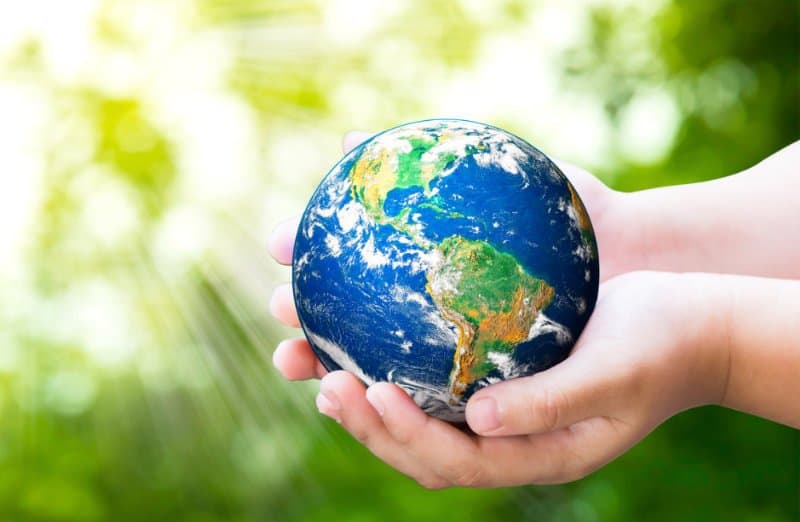How We Help Human Trafficking Victims
AHIO provides services for crime victims, and our Anti-Trafficking Program is how we provide support to human trafficking survivors. Established in 2007, the Anti-Trafficking Program has grown into the largest direct-service provider on the East Coast.
Through the Anti-Trafficking Program, we assist women, men, and children who are victims of labor and sex trafficking. Since its founding the Anti-Trafficking Program has helped in over 110 cases within and outside South Jersey, Pennsylvania and Delaware Counties area, giving human trafficking survivors from more than 60 countries the means to truly escape modern-day slavery.
If you or someone you know is a victim of human trafficking, please call the AHIO Anti-Trafficking Program at 856-324-5098 (Monday – Friday, 9-5). After hours, call AHIO’s 24-hour toll-free Hotline, The hotline is equipped to respond to inquiries in many languages and has TTY capability.
What Makes Our Anti-Trafficking Program Unique?
AHIO’s Anti-Trafficking Program uses a two-tiered approach to fight the epidemic of human trafficking. The first is by providing intensive case management so victims receive much-needed social and legal services, as well as referrals for other support. The second is by offering a range of educational and technical assistance, training, and advocacy which foster the type of change that will reduce and ultimately end human trafficking.
The Anti-Trafficking Program also values partnerships with other organizations tackling human trafficking issues, and also takes a leadership role to build coalitions among advocates across the country. The Anti-Trafficking Program is a co-founder of the Freedom Network (USA), the Freedom Network (USA) Training Institute, and NJ Anti-Trafficking Network.



